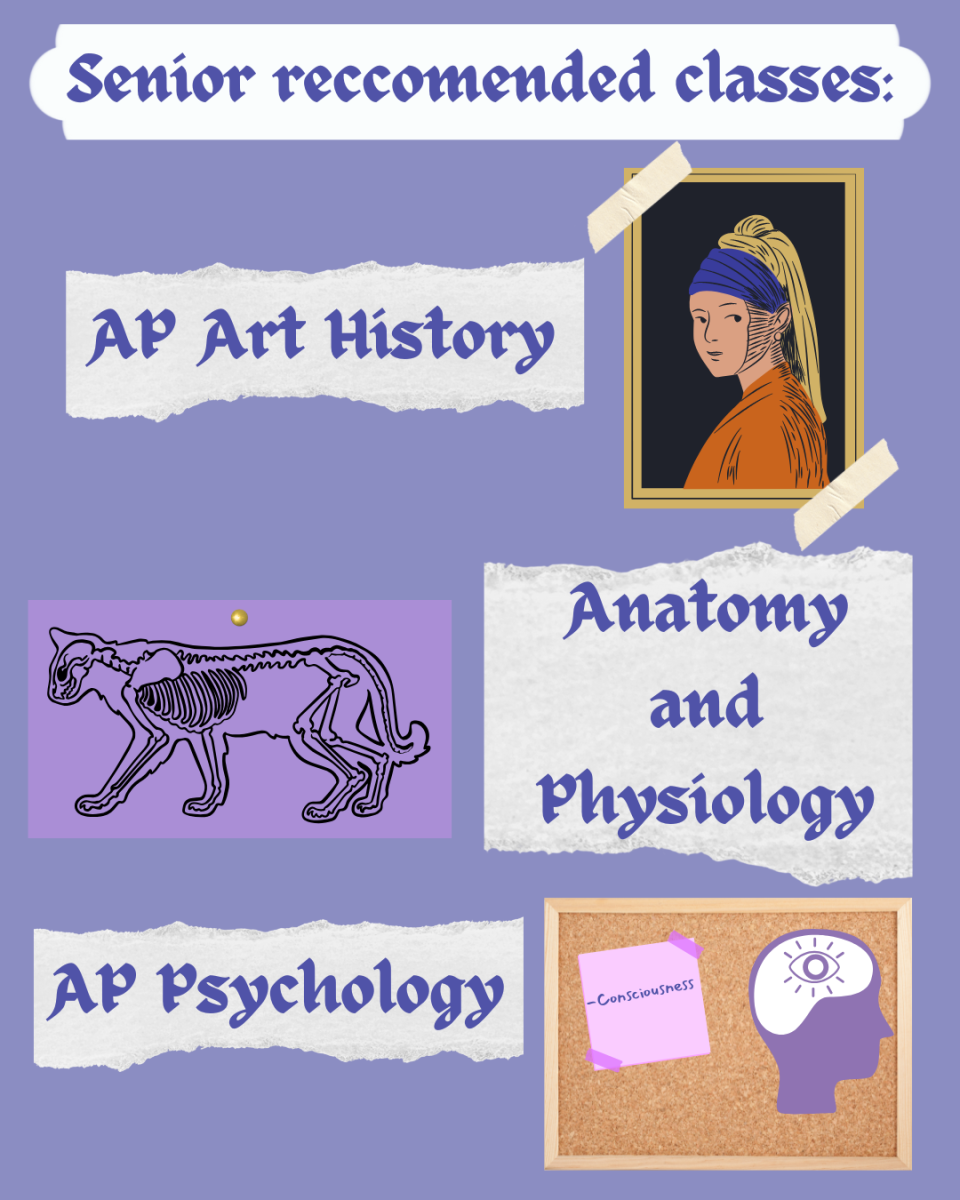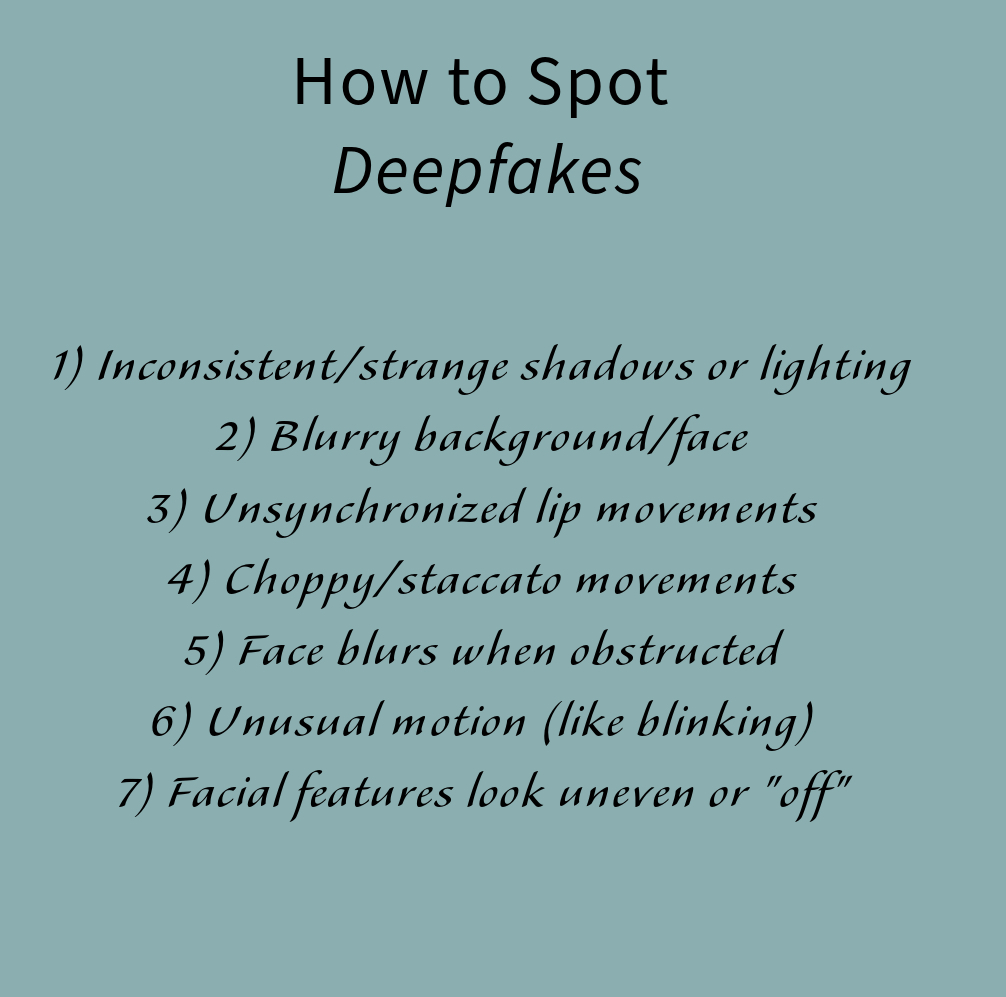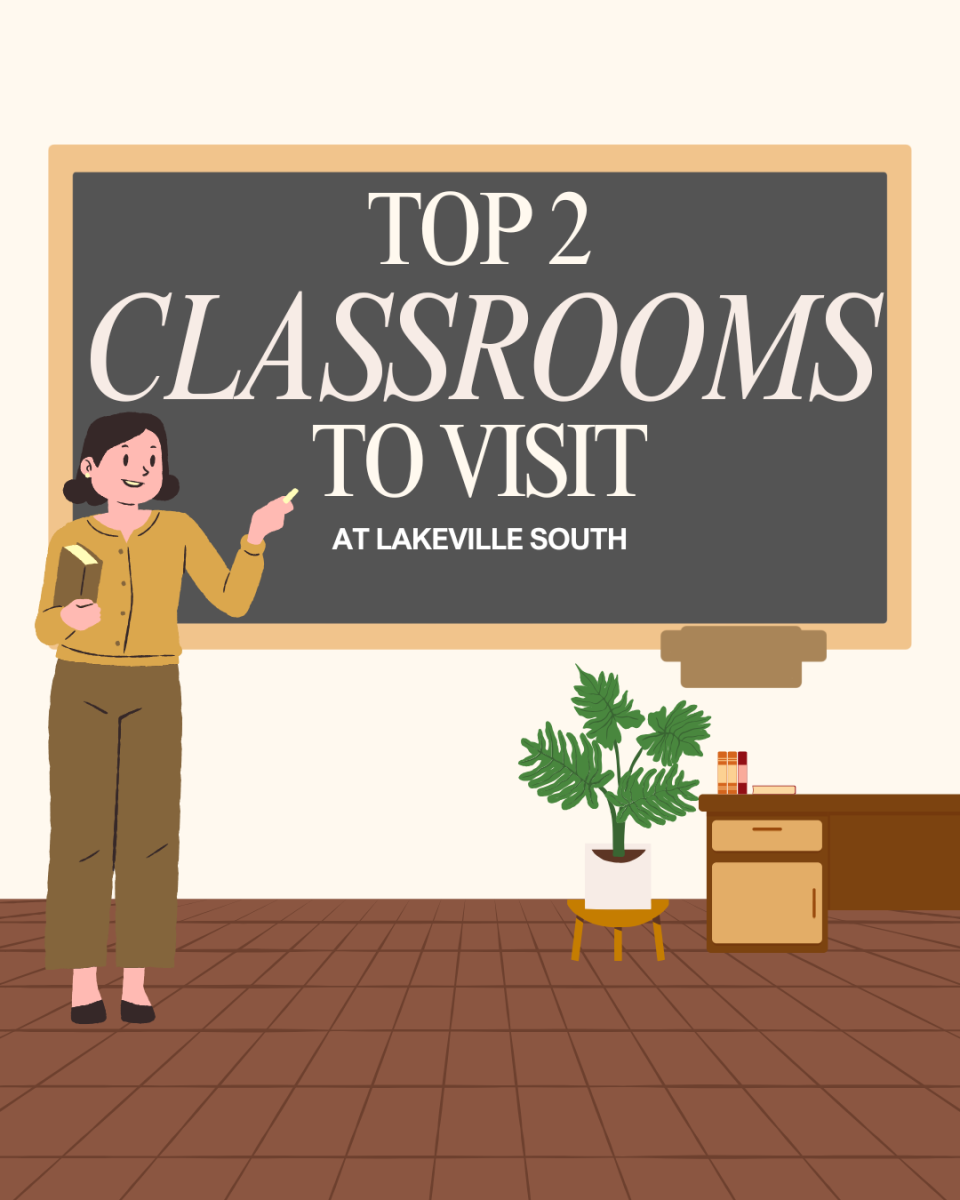It can be hard choosing classes for the next year, so I took it upon myself to ask some seniors what their favorite classes have been. The top responses for seniors’ favorite classes were AP Art History, Anatomy and Physiology, and AP Psychology.
Starting with AP Art History, I interviewed Mr. Woollen to get a clear understanding of what this class is. Content-wise, he described it as a class that uses art to teach about history. He says that AP Art History uniquely has a different way of teaching history. “Art History is a different way of learning about [history]” as you look at “culture and history, but from a creative expression standpoint.” For those who do not prefer history as a class, but may be interested in taking Art History, this class gives an option to learn about history with less from battles and wars. In terms of difficulty, Woollen says that it helps to be interested in the class. When you are interested in the material, the class and tests will also be easier. The workload for this class is easier than other AP classes. The class is less textbook-oriented, as you can use the website SmartHistory to learn about the 250 required art pieces for the AP exam. A good amount of reading is required, but it goes quickly when you are excited about learning about the different aspects and stories a piece of art can tell.
Second, I interviewed Ms. Kelly about Anatomy and Physiology, of which there are two types: Structural and Internal. She explained that for structural anatomy, the class covers all of the anatomical terminology and systems inside your body, such as the Lymphatic and Immune systems. For those concerned about dissection, she said that “this course is much less dissection based and more terminology based.” On the other hand, Internal Anatomy and Physiology is much more dissection-based, including the brain, eye, heart, kidney, and a cat. This class focuses on the different bodily systems covering the nervous, sensory, and digestive systems to name a few. For difficulty, she says that she intentionally structures the class in a way that can “prepare students going into the medical field or related science fields for college anatomy and physiology.” She adds that she tries to make the class as approachable as possible and gives out little out-of-class work. One of her favorite components of Anatomy and Physiology is the dissections they get to do, especially the cat dissection. Her favorite unit to teach is the immune or nervous system. This is because the “immune system is SUPER important for everyone to understand, especially how our bodies respond to infections and how viruses and bacteria are spread. The nervous system I find very interesting as well; we really don’t know a lot about the brain, but what we do know is fascinating.” For those interested in the field of science, this course could be a good fit for you!
Lastly, for AP Psychology, I interviewed Mrs. Malloy to get an explanation of what the course was all about. This class covers a variety of topics, like neuroscience, learning, motivation, emotion, development, clinical psychology, memory, and scientific methods. Malloy explains that learning about all of these things “helps students understand how to critically think and understand themselves and other people.” For its difficulty level, she says to expect it to be harder than normal classes since it is an AP-level course. There is assigned reading almost every other night, but she thinks that because the class is enjoyable, the workload is manageable. Some fun things that students get to do in AP Psychology include labs (like a sleep and a sensation-perception lab), making posters, and a brain project early on in the first semester. Her favorite unit to teach is the learning unit because even though it is short, she gets to “condition her students like [she] is Pavlov.” Overall, even if you are not interested in the field of psychology, this class is enjoyable and interesting to take.
Students have the opportunity to take a variety of classes in their years in high school, which is why it is in everyone’s best interest to check out classes students have enjoyed throughout the years.













